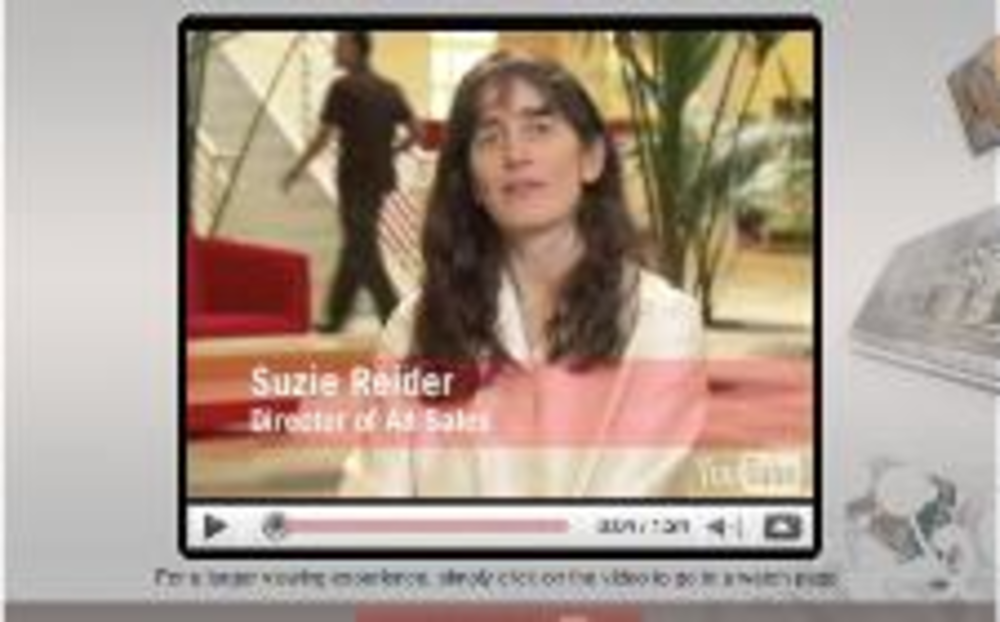Over the last few years, online video consumption has grown exponentially. However, video advertising has failed to meet the expectations of investors — even the most popular publishers struggle to sell sufficient inventory.
A frequently cited reason for this is a lack of standards between video players and servers, so the Interactive Advertising Bureau (IAB) has recently released a digital video ad serving template, known colloquially as VAST, for public comment.
Its primary goal is to create a standard interface for both players and servers, allowing publishers to use any third-party server or network without incurring additional development or reformatting costs.
Standards would serve ideally as a catalyst for growth in online video advertising, and VAST is generally welcomed by the industry as a first step towards back-end integration. “The IAB is building a base that will make it easier in the long term for people to do business together and increase the amount spent on video advertising,” said Robert Black, business development director for UTarget “It is not going to happen overnight, but stimulating the debate about video advertising online [as this does] is very positive.”
Tania Yuki, senior product manager for ComScore’s Video Metrix adds, “Standards [help to] create a language and a framework within which advertisers and publishers can buy and sell inventory, and [agree on] how success is measured.”
The interactive advertising community has until September 10 to provide input on the document, something of a challenge for an industry not accustomed to standards. “Online video advertising is a competitive space, with many doing things differently from each other,” Yuki explained. “It is challenging to reach consensus in such a rapidly evolving environment.”
In addition to publishers generating greater revenue, it’s possible that consumers may experience a positive side effect from formal standards as well. Should advertisers warm up to online video advertising, agencies will gain more experience with the medium, and feel more comfortable developing shorter ads more appropriate for online viewing.
“There is no reason to run a 30-second ad in front of content that is two minutes long,” Black said. “The drop off rate is too high, and it creates a bad user experience. But, professionally made short form content is here to stay, and creates a wonderful opportunity for advertisers to target a large audience. It needs to be embraced.”








